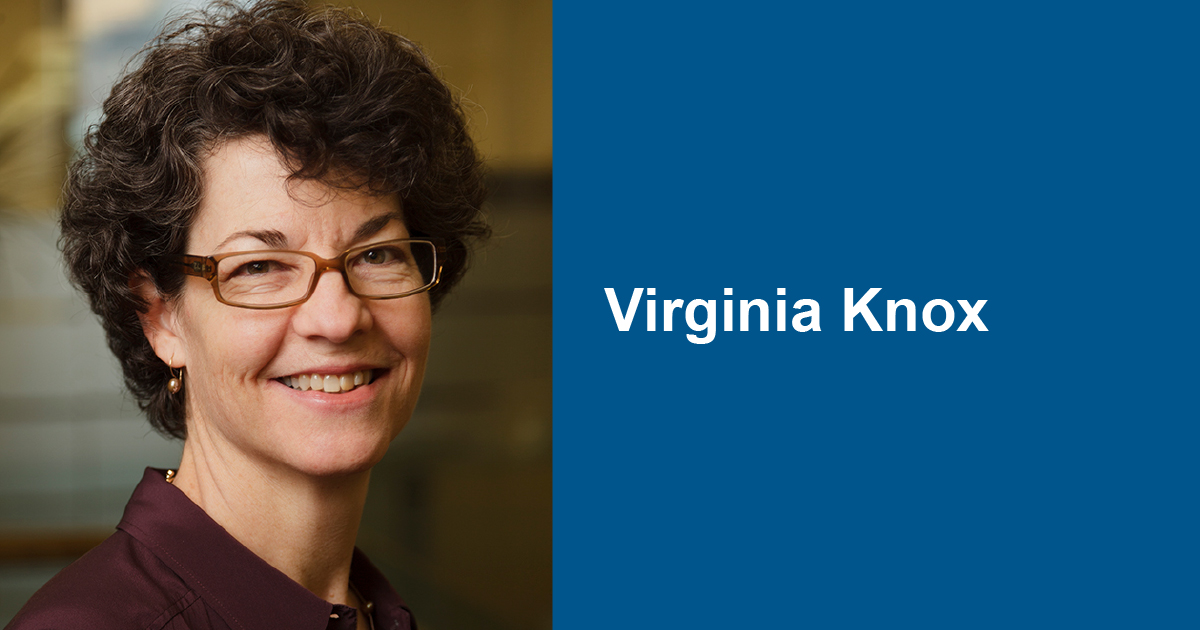Gaining Insight by Listening to Program Participants and Front-Line Staff

 What happens when we invite the expertise of front-line staff and program participants to more fully inform our work?
What happens when we invite the expertise of front-line staff and program participants to more fully inform our work?
MDRC’s Rick Hendra and Victoria Quiroz-Becerra report that their practitioner-research partnership with Grameen America staff was fundamental to the success of the first impact study ever conducted of Grameen America’s small business loan program for women with low incomes. Nearly all participants in the Union City, NJ, study site were immigrants, and the group program model was a challenging context in which to embed a randomized trial. Grameen staff members worked with the MDRC team on study design, analysis plans, and interpretation of results as they came in, with the goal of maximizing the quality and relevance of the information Grameen and the broader field would gain from the study.
Grameen participants’ perspectives from qualitative interviews also informed the quantitative data the team collected—including women’s reports that they use their small businesses as one of several complementary wage-earning strategies to support their families. Appreciating the complexity of participants’ lives and financial strategies helped the MDRC team interpret the study’s findings. The most recent report from the project also benefited from centering the goals, experiences, and voices of four participants as it told the story of the program.
In another recent example, program participants informed a study even more directly, by partnering with MDRC to carry out the research—a participatory research approach used in our work with the Annie E. Casey Foundation’s LEAP (“Learn and Earn to Achieve Potential”) initiative. A multisite project, LEAP engages young people ages 14-25 who have been involved in the child welfare or justice systems, or who have experienced homelessness, to expand their educational and employment pathways. As Kyla Wasserman, Niko Leiva, and Louisa Treskon explain in their recent brief, the study team involved a group of “LEAP Youth Fellows” in designing a participant interview guide and interpreting the subsequent findings. The process led to a more perceptive interview guide that allowed the study to provide actionable insights to the program about how young people see mental health, personal motivation, and mentorship as key influences on their persistence in activities and progress toward their goals. Taking part in the research also helped the Fellows gain a deeper understanding of the role that research plays in shaping programs like LEAP and the practical applications of research in their daily lives.
MDRC’s research has always taken place in real-world organizations, working closely with managers and staff in a variety of systems to test solutions to real challenges. While we have often asked participants for their perspectives on how they’re experiencing a program, we are trying (as is the rest of the field) to more intentionally center their views in our work and to more fully address issues of systemic inequities in policies and programs.
We’re excited about the progress we’re already making. Our Equity Collaborative, a staff-initiated effort that launched in 2018, has been holding our existing practices up to the light. They’re helping our teams take a fresh look at how the policies or practices we’re examining fit into larger systems of inequity; at who is invited to shape the design and methods of a study or technical assistance project; and what questions we ask throughout our work.
We’ll continue to try out new avenues to ensure that our studies—the questions and outcomes they emphasize, and how we interpret the results—are informed by those who will be most affected by the results. And we’ll continue to share what we learn along the way.





